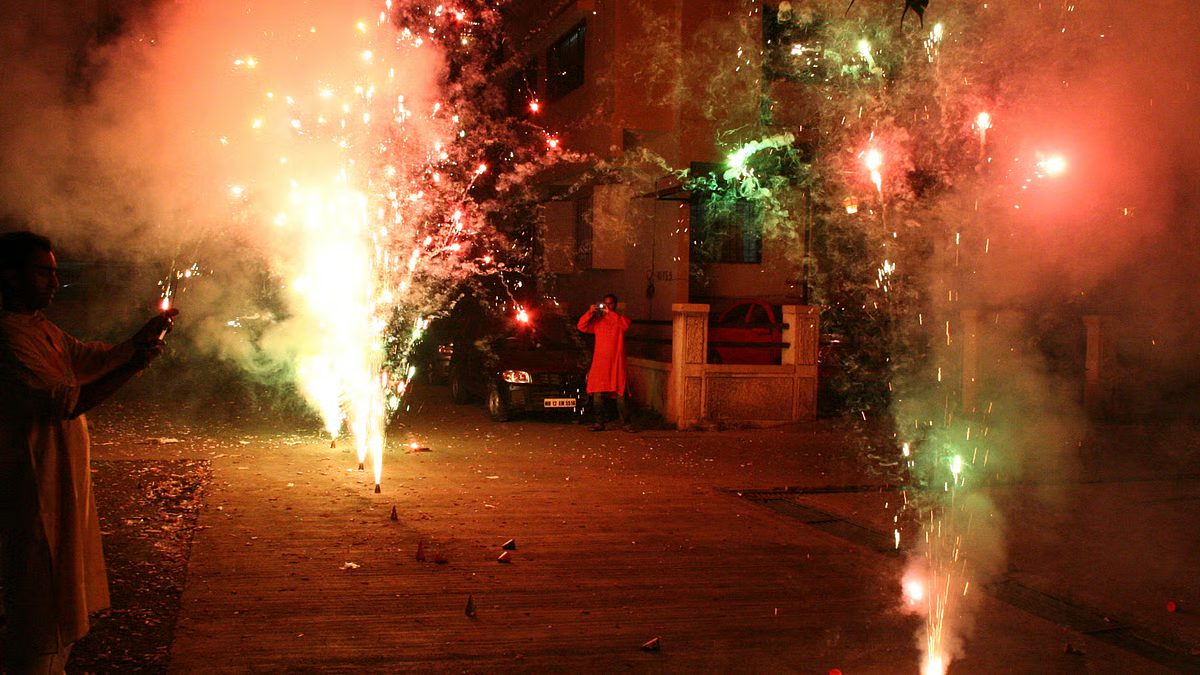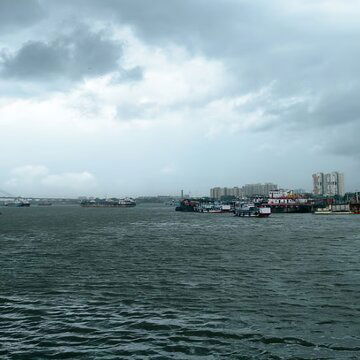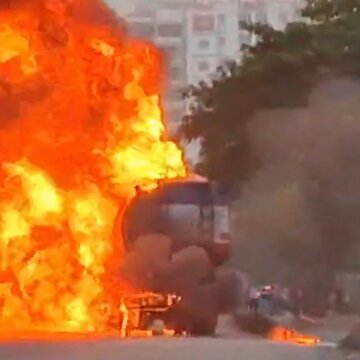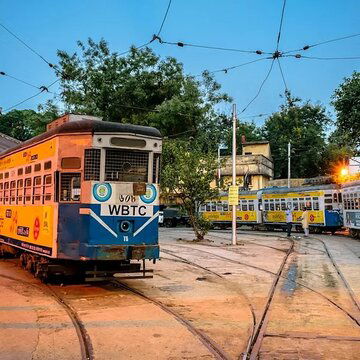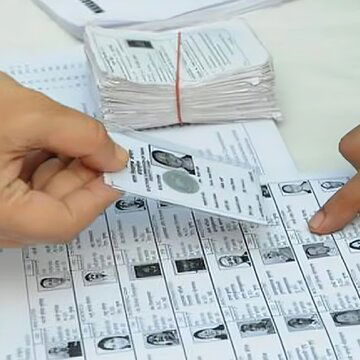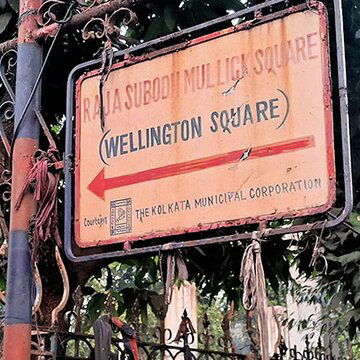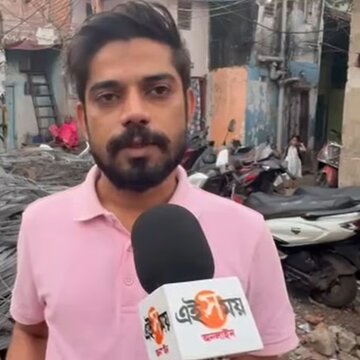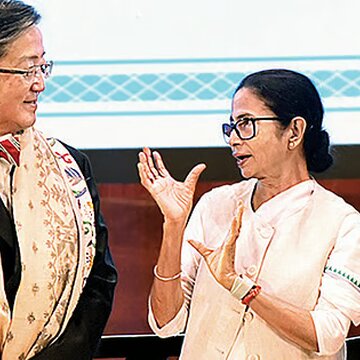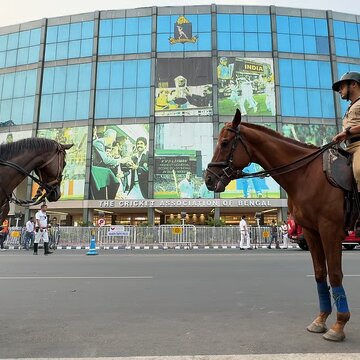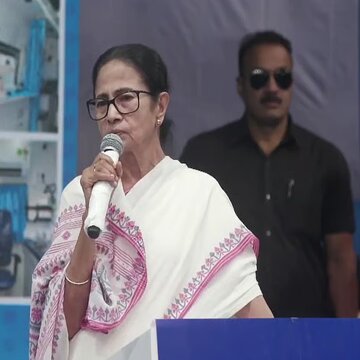The monsoon season is over. As a result, the rain that had kept Kolkata's air appearing "clean" for so long has stopped, and pollutants are starting to accumulate in the air. The city's air quality is already "poor," according to experts, just two days before Diwali on Saturday.
Even though firecrackers have not yet started bursting across the city at night and there has been no significant drop in temperature, the Air Quality Index (AQI) near Victoria Memorial crossed 300 on Saturday night. Normally, an AQI below 50 is considered “good,” while an AQI above 300 is categorised as “very poor.”
In most parts of the city, the AQI exceeded 200 that day. Environmentalists are now anxious about how high the AQI might rise after Diwali night, once fireworks fill the air.
Last year, too, the AQI in Kolkata exceeded 200 before Diwali. And the morning after Diwali, Kolkata overtook Delhi in terms of air pollution levels. The AQI had crossed 500. For several months after that, the city’s AQI hardly dropped below 400.
As temperatures fell, the condition of Kolkata’s air worsened. Even suburban areas kept pace with the city. In fact, Howrah had surpassed Kolkata in terms of pollution. Last year, the AQI in Ghushuri had crossed 550. On Saturday, the AQI in Belur Math, Howrah, was 205, and in Ghushuri, it was 200.
In Jadavpur, the AQI on that day was around 250. At Rabindra Bharati University, it was 260, and at Padmapukur, 220. Environmentalists said that last year, Diwali had taken place later in the season. Air quality usually worsens in November. This year, the AQI crossing 300 as early as mid-October is not a good sign at all.
Environmentalist Naba Dutta said, “This year, it rained continuously. As a result, during the monsoon, the city’s air remained clean. But if the air quality has already deteriorated so much by mid-October, we can easily guess where it will go after Diwali.”
Another environmentalist, Subhas Dutta, said, “The real test this time is for the police, administration, and the Pollution Control Board. If the police can control the bursting of firecrackers, the air will be less polluted. But if, as every year, Diwali night is taken over by fireworks, then it’s we who will have to endure that poison.”


